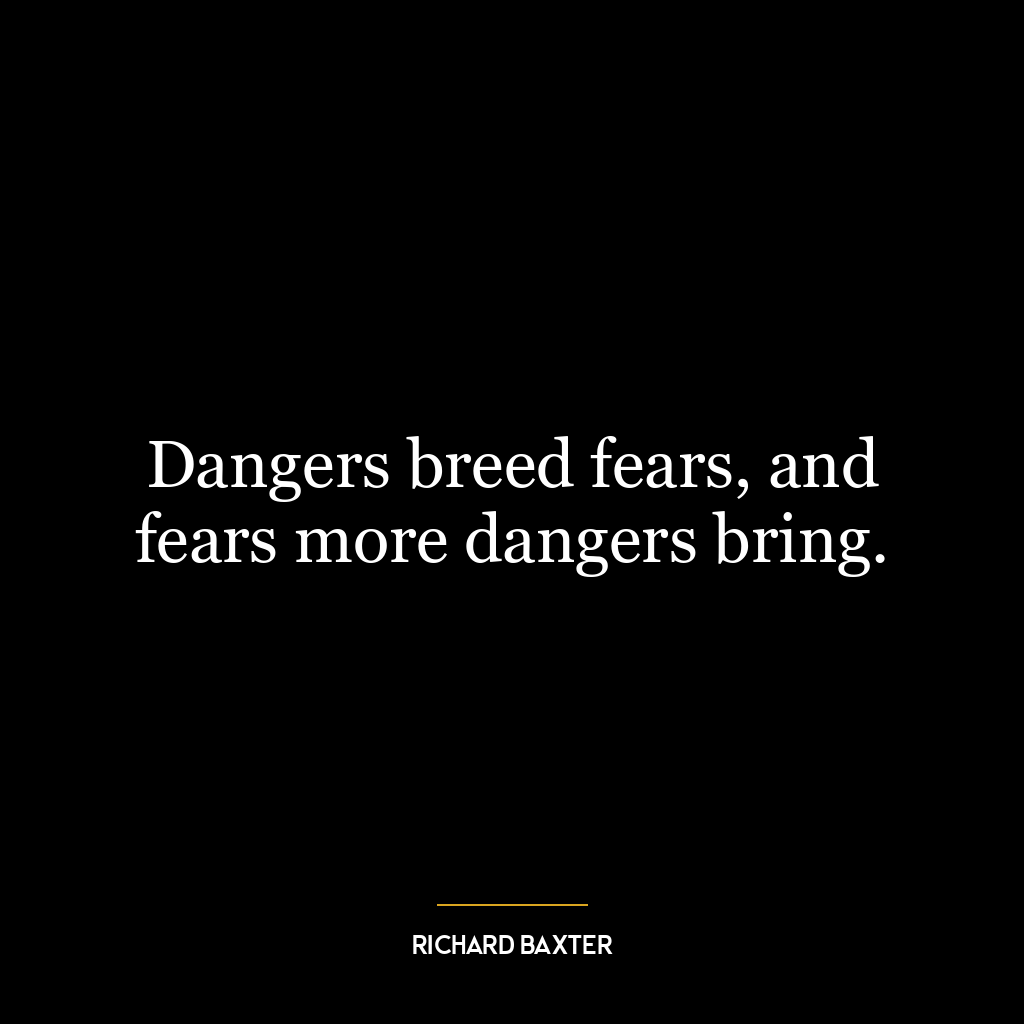Patriarch Tikhon of Moscow Quotes
- Clergyman
- Russia
- 1865
Patriarch Tikhon of Moscow was a prominent figure in the Russian Orthodox Church during the early 20th century. He served as the leader of the church from 1917 until his death in 1925. Tikhon is best known for his efforts to maintain the unity of the church during a time of political turmoil in Russ…Read More
Patriarch Tikhon of Moscow was a prominent figure in the Russian Orthodox Church during the early 20th century. He served as the leader of the church from 1917 until his death in 1925. Tikhon is best known for his efforts to maintain the unity of the church during a time of political turmoil in Russia. He also played a key role in the church’s response to the Bolshevik Revolution and the subsequent persecution of the church. Tikhon’s notable works include his efforts to modernize the church and promote education, as well as his strong stance against the Soviet government’s interference in church affairs. He is recognized as a saint by the Russian Orthodox Church and is remembered for his unwavering faith and dedication to the church.Read Less
Patriarch Tikhon of Moscow was a prominent figure in the Russian Orthodox Church during the early 20th century. He served as the leader of the church from 1917 until his death in 1925. Tikhon is best known for his efforts to maintain the unity of the church during a time of political turmoil in Russia. He also played a key role in the church’s response to the Bolshevik Revolution and the subsequent persecution of the church. Tikhon’s notable works include his efforts to modernize the church and promote education, as well as his strong stance against the Soviet government’s interference in church affairs. He is recognized as a saint by the Russian Orthodox Church and is remembered for his unwavering faith and dedication to the church.
Patriarch Tikhon of Moscow Career Highlights
- Ordination and Early Ministry: Tikhon was born in 1865 in the Russian Empire and was ordained as a priest in 1891. He served as a parish priest in various cities before being appointed as the Bishop of Lublin in 1898.
- Archbishop of Yaroslavl: In 1907, Tikhon was appointed as the Archbishop of Yaroslavl, where he gained a reputation for his pastoral care and administrative skills. He also played a significant role in the establishment of the first Orthodox seminary in Russia.
- Metropolitan of Moscow: In 1917, Tikhon was elected as the Metropolitan of Moscow, the highest position in the Russian Orthodox Church. He faced numerous challenges during this time, including the Russian Revolution and the subsequent persecution of the Church by the Soviet government.
- Patriarch of Moscow and All Russia: In 1917, Tikhon was elevated to the position of Patriarch of Moscow and All Russia, becoming the spiritual leader of the Russian Orthodox Church. He worked tirelessly to protect the Church from government interference and to preserve its traditions and teachings.
- Canonization of the Royal Martyrs: One of Tikhon’s most significant contributions was his role in the canonization of the last Russian Tsar, Nicholas II, and his family as martyrs in 1981. This decision was controversial at the time but has since been widely accepted by the Church.
Key Contributions by Patriarch Tikhon of Moscow
- Preservation of the Church: Tikhon’s leadership during the tumultuous years of the Russian Revolution and the subsequent Soviet rule was crucial in preserving the Russian Orthodox Church. He resisted the government’s attempts to control the Church and maintained its independence and traditions.
- Reforms and Modernization: Tikhon implemented several reforms and modernization efforts within the Church, including the establishment of a new church calendar and the introduction of liturgical texts in the Russian language. He also encouraged the use of modern technology, such as printing presses, to spread the teachings of the Church.
- Ecumenical Relations: Tikhon played a significant role in improving the relations between the Russian Orthodox Church and other Christian denominations. He participated in several ecumenical conferences and established closer ties with the Eastern Orthodox Churches.
What Sets Patriarch Tikhon of Moscow Apart
- Martyrdom: Tikhon’s unwavering faith and dedication to the Church led to his persecution and eventual martyrdom. He was arrested and imprisoned multiple times by the Soviet government and died in 1925 after being poisoned by the secret police.
- Canonization: Tikhon was canonized as a saint by the Russian Orthodox Church in 1989, recognizing his contributions and sacrifices for the Church. He is celebrated as a martyr and a defender of the faith.
- Legacy: Tikhon’s legacy continues to inspire and guide the Russian Orthodox Church. His teachings and reforms have had a lasting impact, and he is still revered as one of the most influential and beloved leaders in the Church’s history.
Takeaways
- Tikhon’s career highlights and key contributions demonstrate his unwavering faith, dedication, and leadership in preserving and modernizing the Russian Orthodox Church.
- His martyrdom and canonization set him apart as a revered figure in the Church, and his legacy continues to inspire and guide believers.
- Tikhon’s story also serves as a reminder of the importance of standing up for one’s beliefs and defending the faith, even in the face of persecution and adversity.







